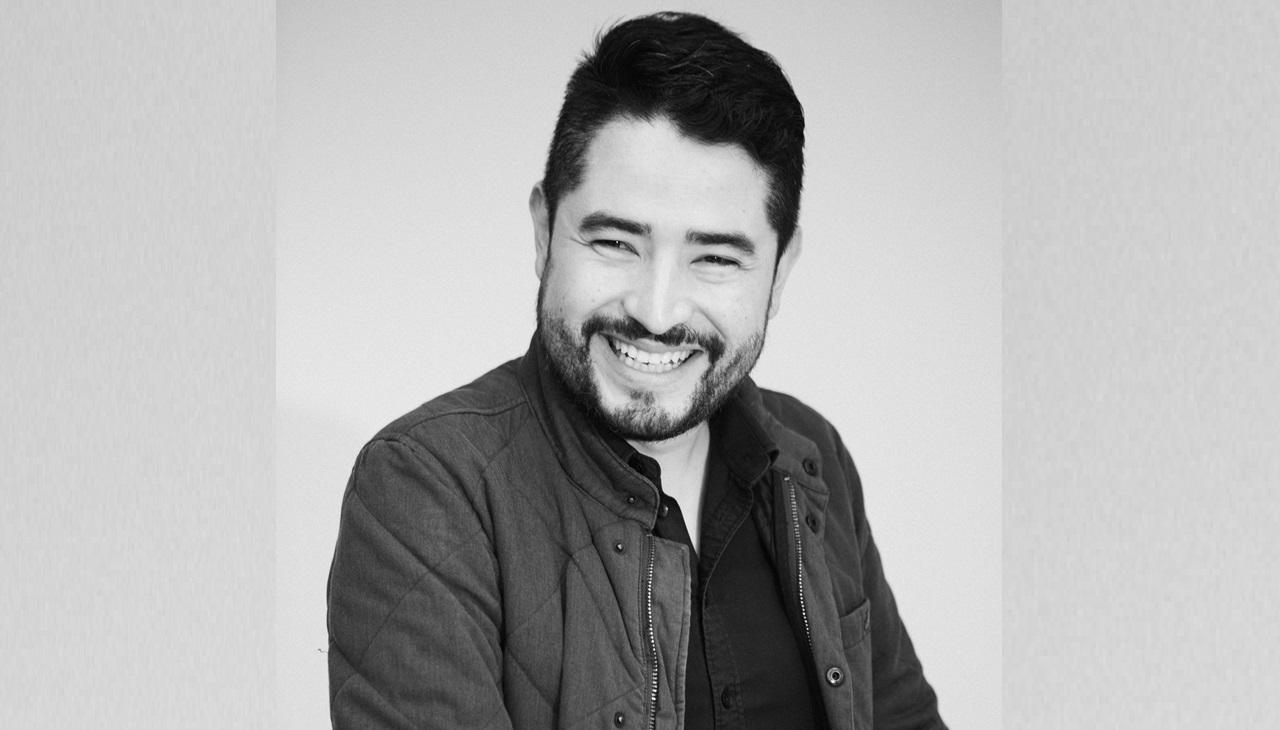
Education can multiply a person's income 10 times: Freddy Vega
He has just received the Medal of Education for Latin America, awarded in partnership by T4 Education and HP Inc. What is the key to his secret?
Listen this article
Freddy Vega is not only obsessed with technology. He is also passionate about education, despite the challenges that this activity imposes. He founded Platzi, one of the most powerful online education platforms; in addition to raising more than US$60 million in a B round to fund and grow its operations, more than five million people say they have studied on the platform.
"Education is a very difficult thing to achieve; it's a very rewarding but impressively complicated thing," he says, going on to explain that "few people are really willing to invest whatever it takes; education has an adverse consumer perspective in that just buying or investing in education is not enough. After making that investment, the next investment, which is much more difficult, is time and effort".
That is why it is comforting for him to have been recognized in the first version of the Medal of Education for Latin America, awarded in partnership by T4 Education and HP Inc. A recognition that he received ahead of other education leaders in the region such as EARTH University in Costa Rica, the Itínere Education Network in Argentina, Parceiros da Educação in Brazil, uPlanner in Chile and Aliat Universidades in Mexico, among others.
"To receive this recognition from other people who are experts in education regarding what we do at Platzi for Latin America is very nice. Latin America has a potential in technology that can really become a reality," he explained in an interview with Al Dia News.
Yes, education requires a lot of effort. But it also has rewards that are superior to many other activities. According to Vega, "what we have seen at Platzi is that when people study between one or two hours a day over the course of a year it is practically a guarantee that their income will grow and people can have growth from 54% to 10 'X' what they were earning. That sounds very bombastic and incredible, but it is not so incredible in Latin America".
In the region, the average minimum salary is around US$300 per month and 50% of Platzi's students arrive at the platform earning that amount.
"After studying for a year with us and putting in an hour or two a day for that year which sounds simple, but is quite a commitment, these people can make anywhere from $1,000 to $5,000 with $3,000 in a standard deviation above. This means that it is possible to make that 10 'X'. But even when they only make $1,000, that's more than three times what they were making before," he said.
Its commitment to technology makes perfect sense. "This industry is always in constant movement and in constant change and for the same reason it is an industry that does not guarantee employment to people who stand still, but it guarantees the need to hire people who with a lot of restlessness are constantly learning; it is one of the industries that most lives the idea of non-stop learning and there is a lot of demand in the technology industry not only in America."
Vega says that no industry offers so many possibilities, making it easy for any skilled person to find work. "I don't know of an industry with such low barriers to entry and such high compensation as manufacturing and technology."
RELATED CONTENT
And the relevance
One of the challenges for educational institutions today is that of relevance: offering students programs that allow them to work on tasks where they are really needed. In other words, there must be a match between the supply of jobs and the skills that students develop in a given program.
"We constantly want to show people what's new and we want them to be ready and willing to experiment. With respect to changes in the market there are two attitudes: a defeatist attitude like 'I'm learning something new again'; this is different from what I already knew. There is another attitude which is one of excitement: how interesting, how I managed to do new things in a different way. We used to think of knowing office automation and Excel as something necessary to have access to better jobs. Today Excel is such an absolute necessity in everything in all kinds of job offers that it is practically a soft skill. The same thing is starting to happen with artificial intelligence, with handling large amounts of data, with information processing and with understanding how to get the most out of these tools".
He explains that people in today's world may find it difficult to adapt, but that is precisely why they should be more willing to use their time "to learn constantly" and abandon the idea that training only happens during college time. According to him, that no longer serves for life.
"It's very important to graduate, but only 25% of Latin Americans are going to have the opportunity to go to college and of those only half are going to have the opportunity to graduate. So if someone is capable of going to college and graduating, they should do it. It's just not enough and it requires a constant and joyful curiosity." In the future, Vega's goal with Platzi is to continue to grow.
This year they have been growing and already work with the largest companies in Latin America to offer courses and training to their employees. These include Davivienda, Bancolombia, Celsia, Alianza Team, Coppel, Cemex and Walmart.
"When we reach out to companies, we don't just reach out to employees; we also reach out to families. This is a form of education that will allow them to compete in the real world against more advanced countries. The difference between a first-world country and the rest of the countries tends to be strongly marked not only by investments in infrastructure, but by investments in talent, and right now the talent required to succeed in technology is not necessarily connected to years and years and years of education, but to a willingness to never stop learning."


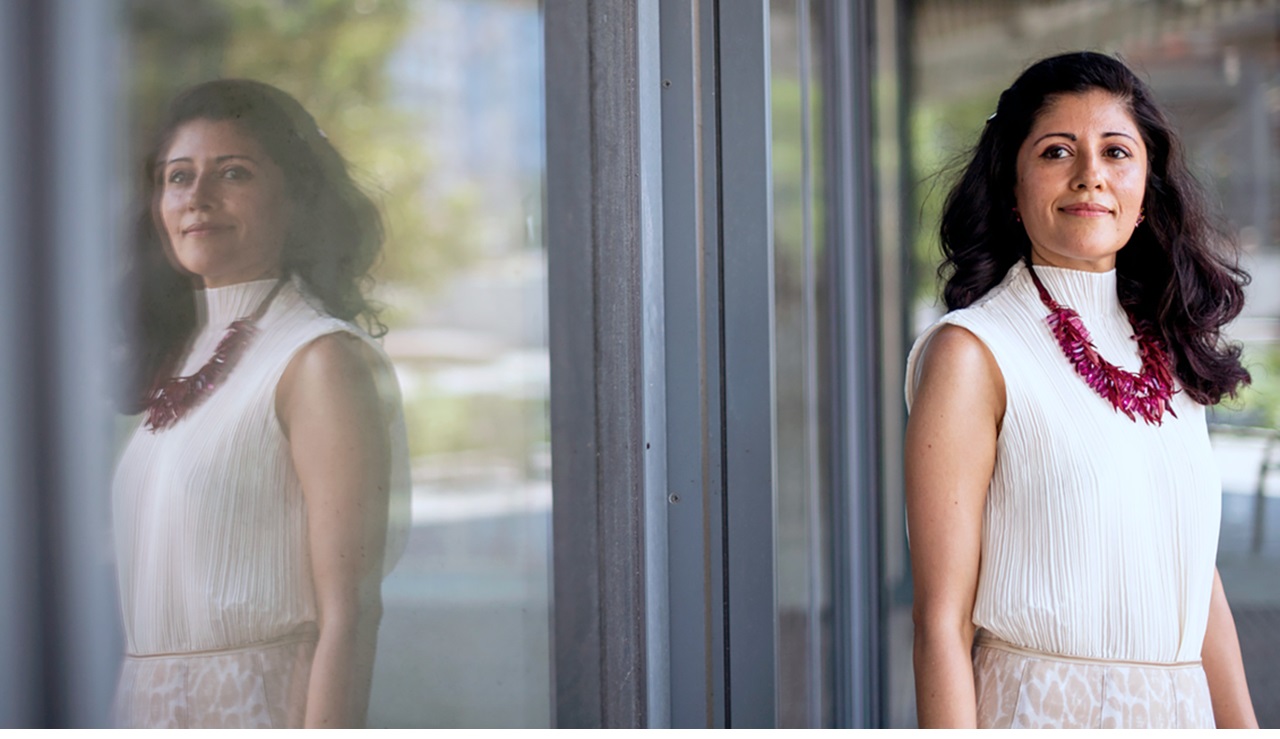


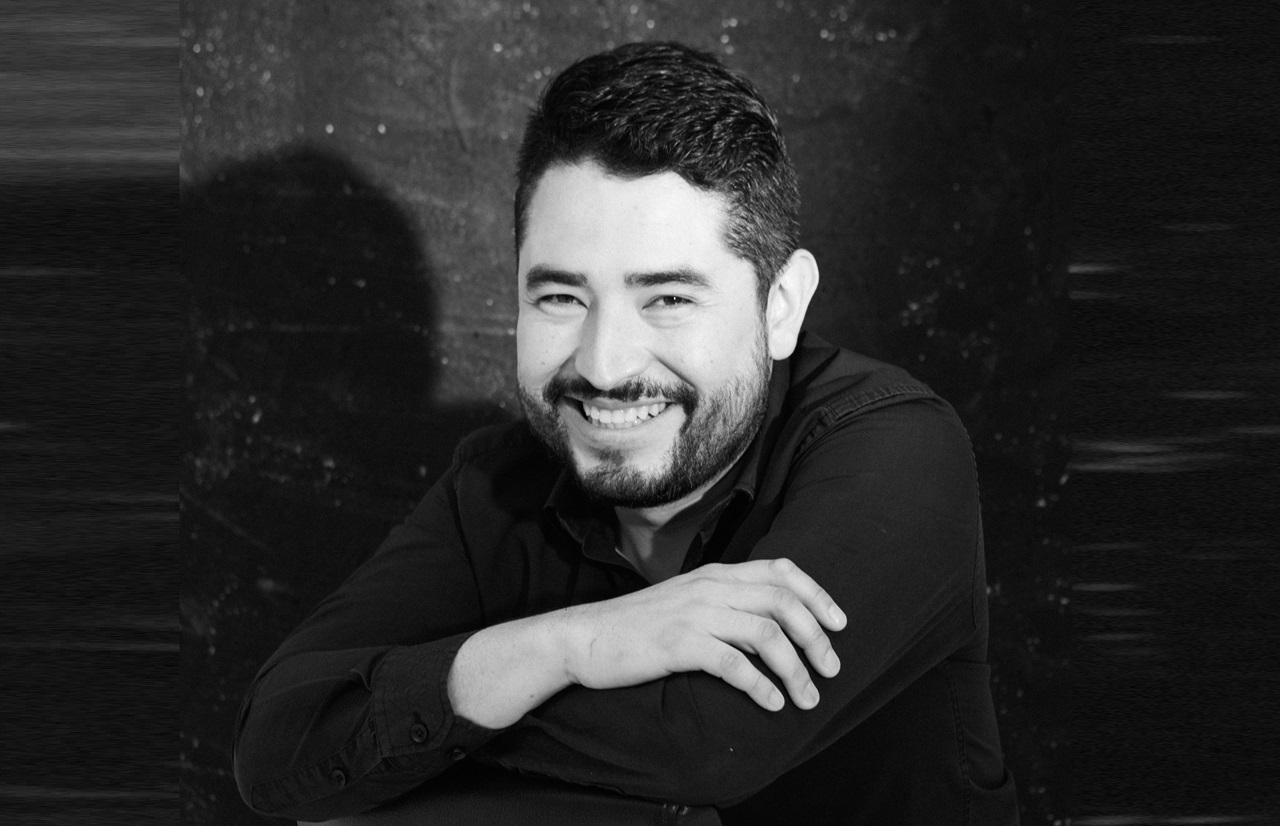
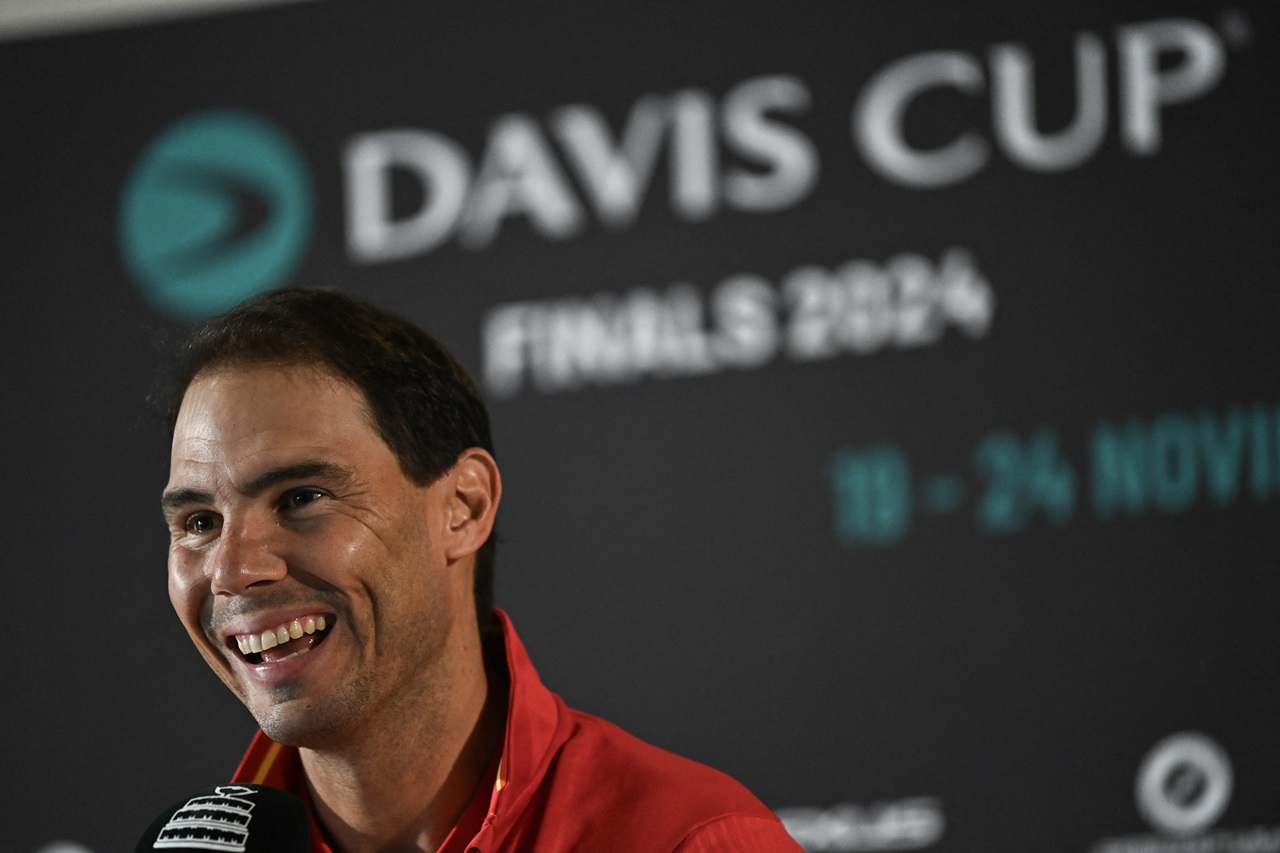
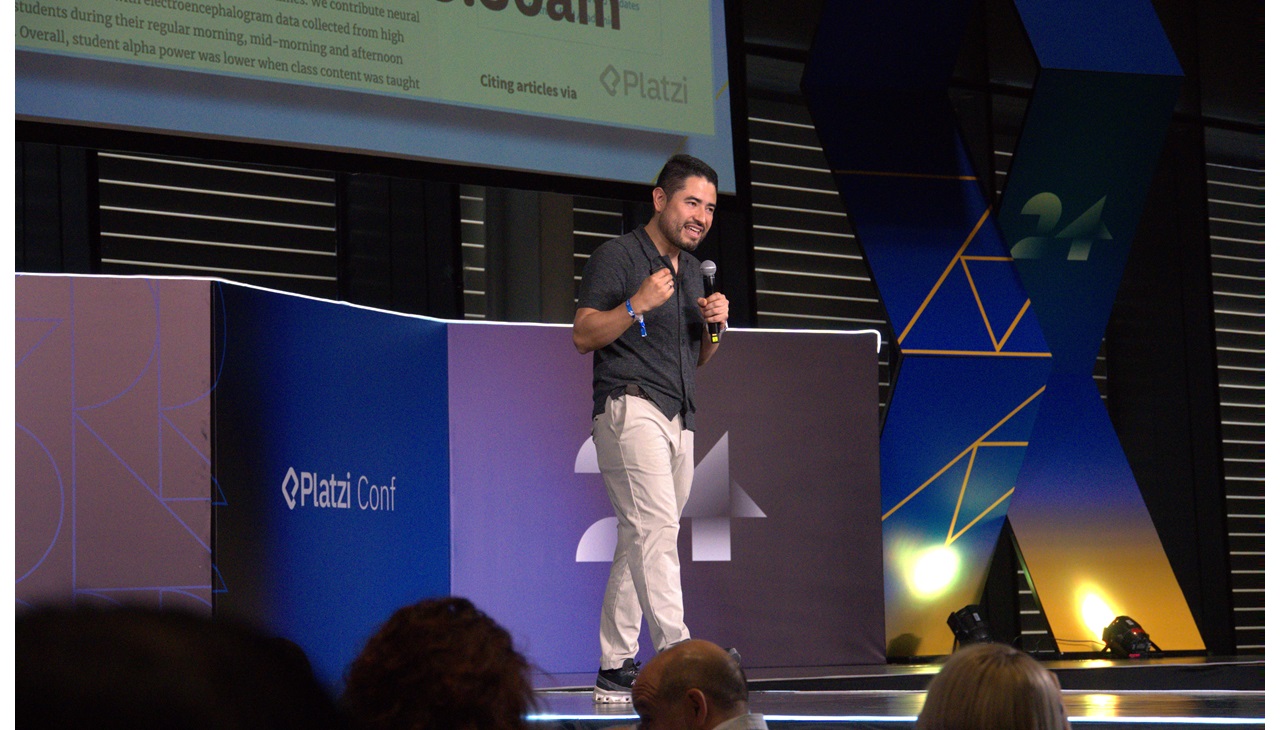


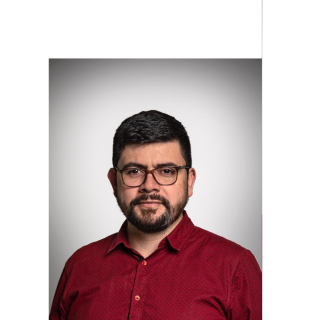
LEAVE A COMMENT:
Join the discussion! Leave a comment.